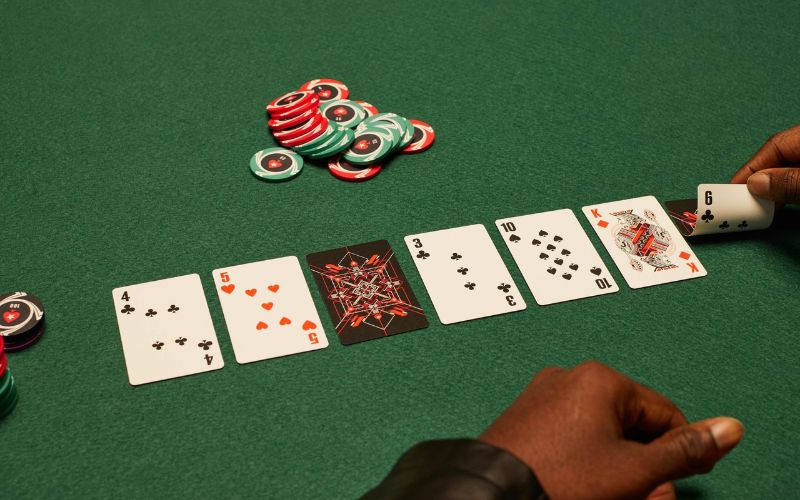Conquering Tilt in Poker: Strategies for Emotional Control

Experiencing tilt in poker can be a major obstacle to success. This article delves into strategies for managing emotions and maintaining focus, vital for players aged 25-65, to navigate the challenging aspects of the game effectively.
Understanding Tilt in Poker
Tilt is a state of emotional frustration or confusion, often triggered by bad beats, losses, or simply the stress of high-stakes play. It can lead to irrational decisions, overshadowing one’s poker skills and strategies. Recognizing the signs of tilt is the first step in combating it. These signs can include feelings of anger, impatience, or a desire to recoup losses quickly.
Strategies to Prevent Tilt
Mental Preparation Before the Game
Preparing mentally before sitting down at the poker table can significantly reduce the likelihood of tilt. This preparation involves setting realistic expectations, understanding the variance inherent in poker, and having a clear plan for managing bankrolls.
Maintaining Emotional Balance During Play
Keeping emotions in check during the game is crucial. Techniques like deep breathing, taking breaks, and maintaining a positive but realistic mindset can help. It’s important to treat wins and losses with the same level of emotional detachment.
Learning from Losses
Viewing losses as learning opportunities rather than setbacks is essential. Analyzing hands post-game, understanding what went wrong, and how to improve can transform a negative experience into a positive learning moment.
Developing a Healthy Poker Mindset
Developing a healthy mindset is all about focusing on the long term. Understanding that poker is a game of skill and chance, and that luck plays a role in the short term, can help maintain a balanced perspective.
Physical and Mental Well-being
Physical health has a direct impact on mental performance. Regular exercise, adequate sleep, and a healthy diet can improve focus and emotional control. Mindfulness practices and meditation can also help in maintaining mental clarity and emotional stability.

Building Resilience Against Tilt
Resilience against tilt comes with experience. Playing in a variety of situations, facing different types of players, and continually learning and adapting strategies can build the mental toughness needed to resist tilt.
Using Support Networks
Having a support network of fellow poker players can be invaluable. Sharing experiences, discussing hands, and getting different perspectives can provide emotional support and strategic insights.
Conclusion
Mastering the art of emotional control in poker is as important as mastering the game itself. By understanding tilt, preparing mentally, maintaining physical and mental health, and building resilience, players can significantly enhance their poker performance.
